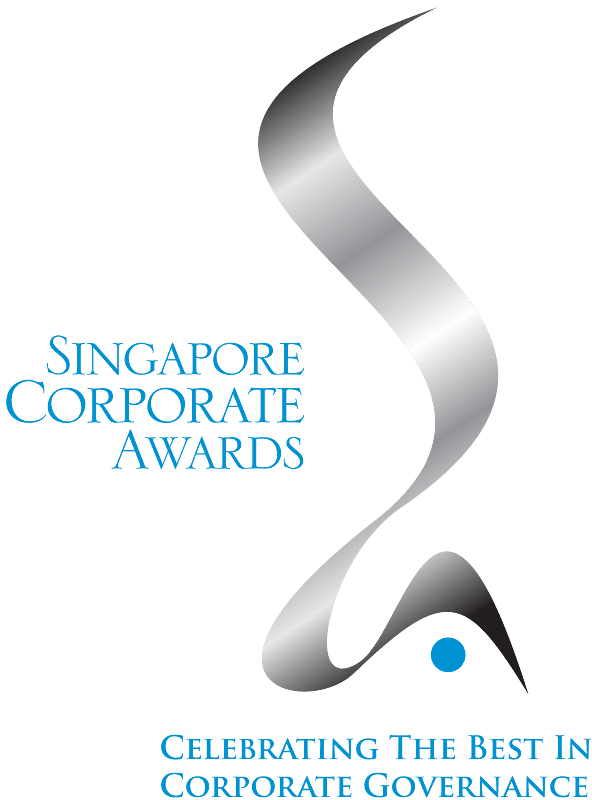- Focus boards' attention on transparency, accountability, performance orientation, good processes and practices;
- Provide a multi-dimensional view of board effectiveness;
- Underscore the importance of human capital practices at the board level;
- Ratchet up benchmarks by bringing the best out of board practices in Singapore.
Categories of the Award
The Award will be presented to the Best Boards in the following categories:
- Companies with market capitalisation of S$1 billion and above;
- Companies with market capitalisation of S$300 million to less than S$1 billion;
- Companies with market capitalisation of less than S$300 million.
Selection and Judging Process
In Stage 1, all listed companies are screened based on publicly available information of total shareholder returns, corporate governance practices, and corporate governance indices such as the Singapore Governance and Transparency Index and MSCI ESG Rating.
A shortlist between 20 to 30 companies in each category will be developed.
In Stage 2, additional inputs on shortlisted Companies are obtained through research and discreet inquiries. The Best Managed Board committee will visit companies which are further shortlisted to confirm the information and obtain more information on their board practices and processes.
In Stage 3, a panel of judges will interview the boards of the final shortlisted candidates and rank them for the awards.
Criteria
Companies are selected based on the assessment of the following criteria:
-
Overall quality of corporate governance: board and committee structure, practices, external validation;
-
Corporate transparency and governance disclosure: disclosure content and context, governance compliance and reasons for non-compliance;
-
Shareholders' Interest: shareholder value creation and return to shareholders, shareholder communications and meetings;
-
Board composition and accountability: independence, skill-mix, board and gender diversity, working relationships, commitment, etc.;
-
Board functions: principles and processes, meeting and information management, committee functioning, board evaluation;
-
Directors' development and recognition: board orientation and onboarding, on-going development, alignment of director compensation with shareholders' interests;
-
Risk management: risk management framework and processes;
-
Leadership and strategic planning: access to management, balance of power, strategic guidance, and decision making;
-
Succession planning: nomination and renewal for board and key management;
-
Sustainability and transformation: sustainable initiatives and reporting, operational and IT pivots;
-
Performance orientation and financials: board directors and executive performance management, company performance monitoring, performance-linked executive compensation, overall financial performance;
-
Managing company growth: optimising resources, processes, and personnel to sustainably scale operations and achieve long-term success;

